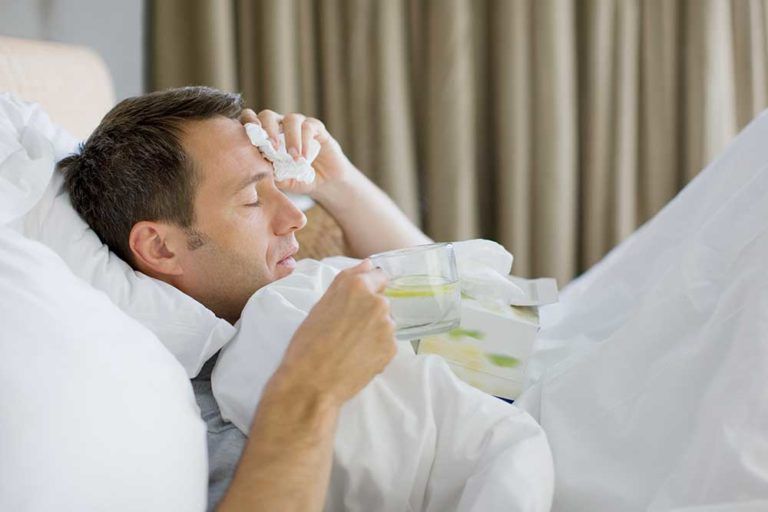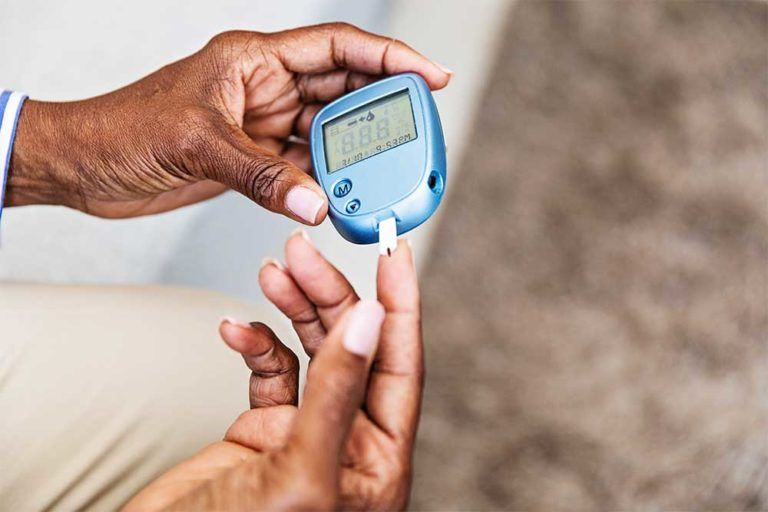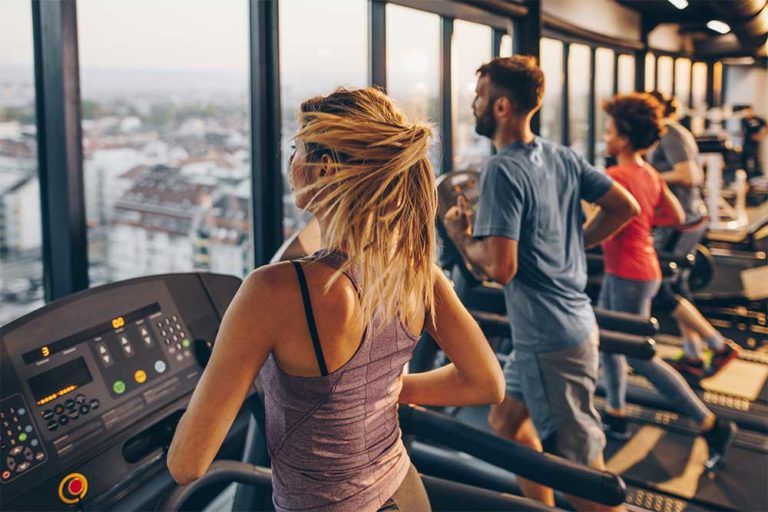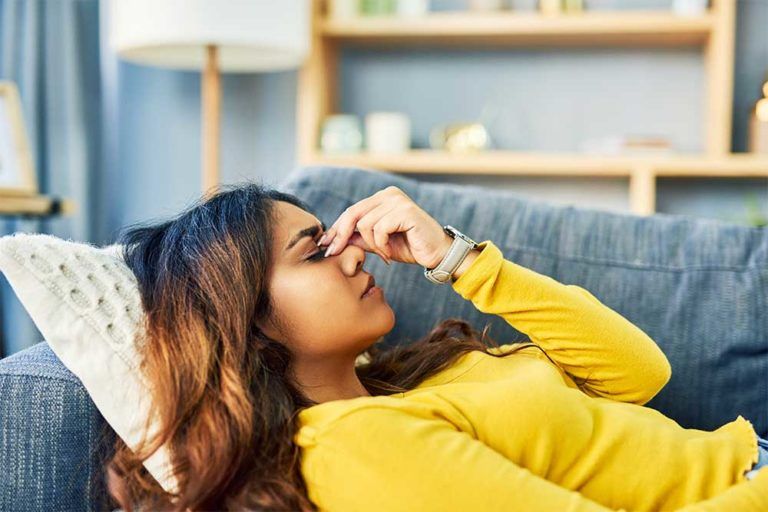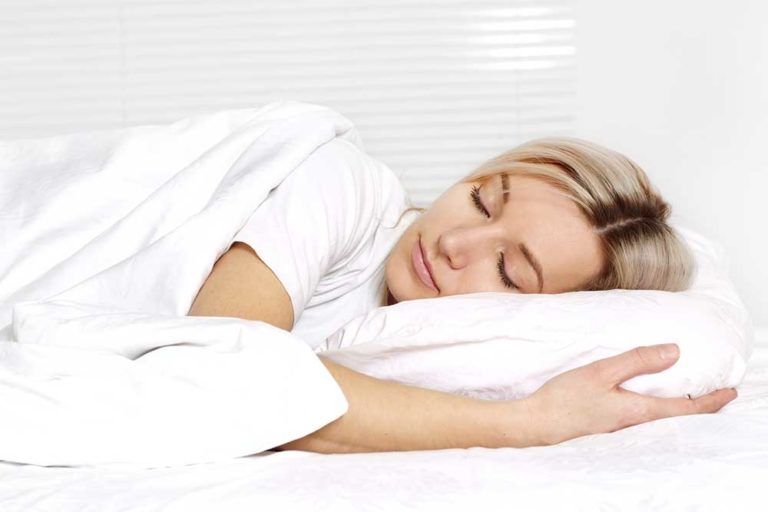For someone who feels anxious or depressed, it can be hard to believe that exercise makes any kind of a difference that matters. The truth is, though, that exercise is an excellent remedy for both anxiety and depression.
Why is exercise beneficial? Part of it has to do with keeping your body healthy. If you get regular, moderate exercise, then you can improve some health problems, such as arthritis, blood pressure, and diabetes. It can also prevent some health problems from appearing in the first place. But the benefits of exercise go beyond physical well-being, though that is important; it is also a way to manage both depression and anxiety.
Anxiety disorders, believe it or not, are surprisingly common. They affect an estimated 40 million adults and are the most common psychiatric illnesses in the U.S. That might be because so many people are sedentary. According to the Anxiety and Depression Association of America, people who are vigorous exercisers are 25 percent less likely over a five-year period to develop an anxiety or depression disorder.
To be honest, physicians and scientists don’t completely understand why exercise is so beneficial for someone dealing with anxiety or depression. However, the evidence is that it works and is more effective than you might realize. Better still, once someone begins a regular exercise routine, the act of exercising is enough to keep anxiety and depression at arm’s length.
Exercise can help people deal with anxiety and depression in four ways:
- It releases brain chemicals that ease depression because they make you feel good. Specifically, exercise causes your body to release neurotransmitters, endorphins, and endocannabinoids. As an example of how these benefit you, endorphins interact with brain receptors that reduce pain perception. The euphoric effect is similar to what happens when you take morphine, except it is legal and healthy, not harmful.
- Exercise reduces immune-system chemicals that can make depression worse.
- Your body temperature should rise when you exercise. That heat can have a calming effect on your body.
- You sleep better when you get regular, moderate exercise.
Scientists have found a strong correlation between aerobic capacity and a good mood. In addition, molecular biologists and neurologists have found evidence that exercise alters your brain’s chemistry. It regulates the key neurotransmitters, norepinephrine and serotonin. The only other way to do that is to take antidepressant drugs, but those can have negative side effects and also have to be purchased. You are far better off by just exercising instead.
Other benefits have nothing to do with the actual functioning of your body, but are still very real. Exercise is:
- A confidence booster. You feel better, you look better, and the satisfaction of achieving exercise goals or challenges is a self-confidence booster.
- A distraction. Sometimes people can create a cycle of negative thoughts that only serve to make anxiety and distraction worse. Exercise pulls you away from that self-destructive cycle and gives you something else to think about instead.
- A chance for social interaction with other people. You can walk around the neighborhood with a family member or friend; you can get on a team with other like-minded people who enjoy a particular sport.
- A healthy way to cope with problems. Drinking alcohol, ruminating on how awful life is, or hoping problems will disappear without any need to take action are not healthy ways to cope and can even make problems worse than they were before. Exercise, however, won’t hurt you when done in a sensible way, and it very well might help you.
You don’t have to be formal about exercising if you don’t want to. Even household chores or leisure activities are an improvement over doing nothing. You can also garden, wash your car, or go for a stroll around the block. Consider biking to work, or whenever you only need to go a short distance. For example, in a parking lot, park as far from where you are going as possible. Bypass the elevator for the stairs. You might not want to go up seven flights, but you can probably manage one or two — and that one or two flight(s) of stairs will improve your physical and emotional well-being.
If you do decide you want to go to a gym, there are lots of choices and not all of them are expensive. All gyms are equipped with weights and cardio equipment; some have additional features such as basketball courts, swimming pools, and even tennis courts. Look around; you might be surprised by the diverse opportunities you will find. You can try yoga, tai chi, dance classes (everything from ballroom to Zumba) and anything else that appeals to you.
One of the best facts about exercise and the relief it can provide from anxiety and depression is the fact that a ten-minute walk will help your mood as much as a 45-minute walk. Of course, the 45-minute walk will be better for your physical health, but if you are feeling down, and you only have ten minutes, you can still do something to improve your mood. Over the course of a week, you should try to get at least 2.5 hours of moderate exercise, like brisk walking, or 1.25 hours of vigorous exercise, such as swimming laps or jogging. Of course, you can also do a combination of moderate and vigorous exercise.
Not everyone responds to exercise the same way, but it benefits so many people that it should certainly be one of the first things you try. Are you sedentary and have decided to be more active? Talk to your physician first. Is your anxiety and depression persistent? That’s another time when you should talk to your physician. But the chances are good that an active lifestyle will benefit you in ways that will improve your quality of life now and into the foreseeable future.



